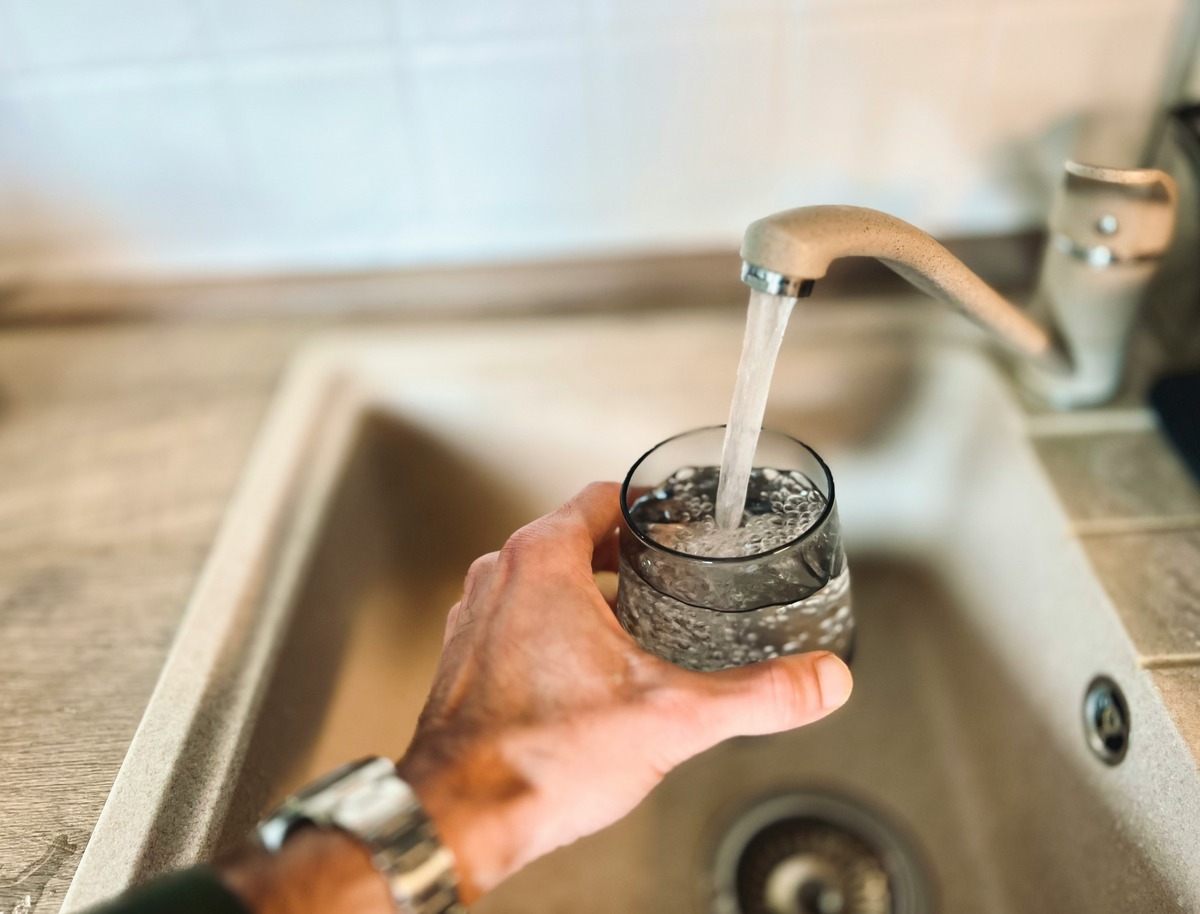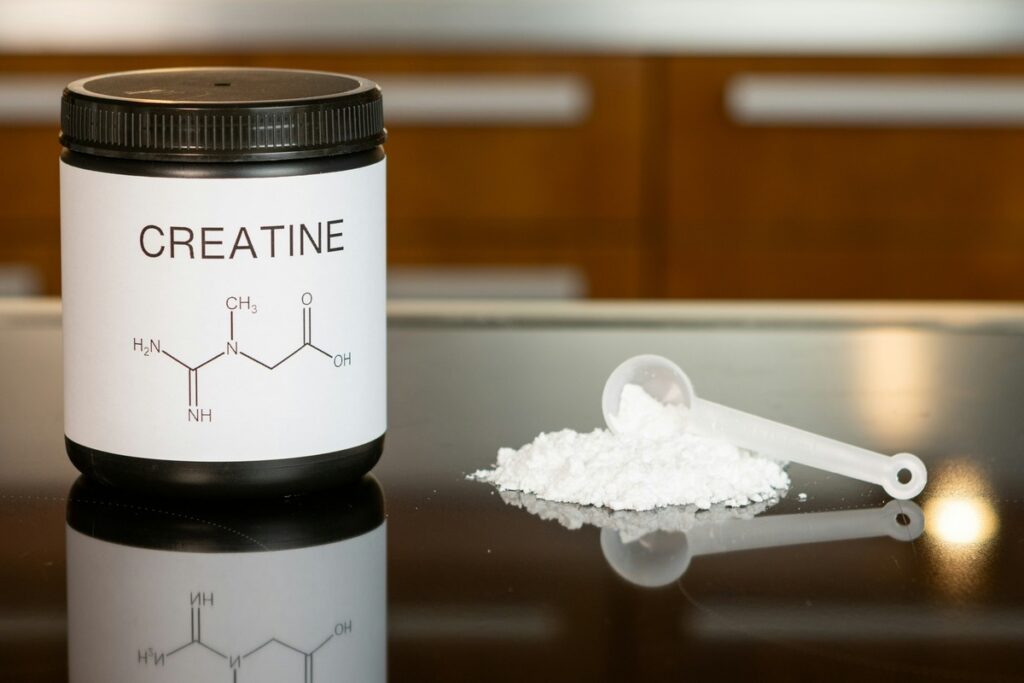
YouTube Corner: Andrew Huberman on the Safety of Tap Water
For much of my young adult life, getting a glass of water simply meant heading to the kitchen and turning on the faucet. After all, if our local government provides tap water, it must be safe to drink, right? Well, not quite. While tap water won’t harm you instantly, it’s worth being cautious about what we’re consuming directly from the source. This curiosity led me to a fascinating podcast clip by YouTube’s health and science expert, Andrew Huberman. In this week’s YouTube Corner, we delve into Andrew Huberman’s Lab episode, “How Bad Is Tap Water for Health?“
Here’s a summary of his insights.
Introduction
The video discusses the safety and quality of water worldwide. Andrew Huberman researched peer-reviewed studies and consulted experts in toxicology. The findings indicate that tap water often contains harmful compounds.
Main Points
Contaminants in Tap Water:
- Tap water can contain endocrine disruptors and hormone disruptors.
- Disinfection byproducts (DBPs) from water treatment processes can negatively impact health, including reproductive health.
- A review titled “Endocrine Disruptors in Water and Their Effects on the Reproductive System” (2020) highlights the presence of harmful substances in water sources globally.
Impact on Health:
- DBPs and other contaminants can disrupt ovarian function, spermatogenesis, and fertility.
- Fluoride, commonly found in tap water, can negatively affect thyroid function even at low concentrations (0.5 mg/L).
Recommendations:
- Individuals should check the water quality in their area by using online resources to get a water analysis report.
- Filtering water is highly recommended to remove harmful substances.
- Various filtration methods are discussed, ranging from affordable options like pitcher filters to more expensive whole-house systems.
Filtration Methods:
- Simple carbon filters (e.g., Brita) can remove some contaminants but may not be effective against fluoride.
- More advanced systems like the Clearly Filtered pitcher or Berkey filters are recommended for thorough filtration.
- Budget-conscious individuals can let tap water sit out to allow some contaminants to settle or evaporate, although this method is less effective.
Conclusion
Knowing the contents of your water and filtering it accordingly is crucial for health. Despite the potential fear of contaminants, practical and affordable solutions are available to ensure safe drinking water.



